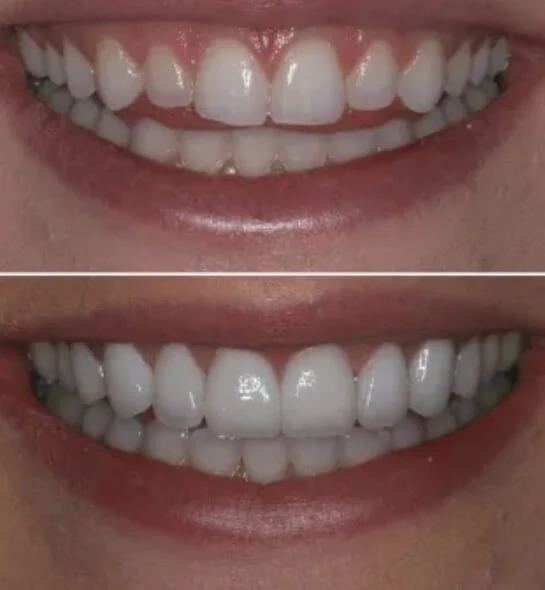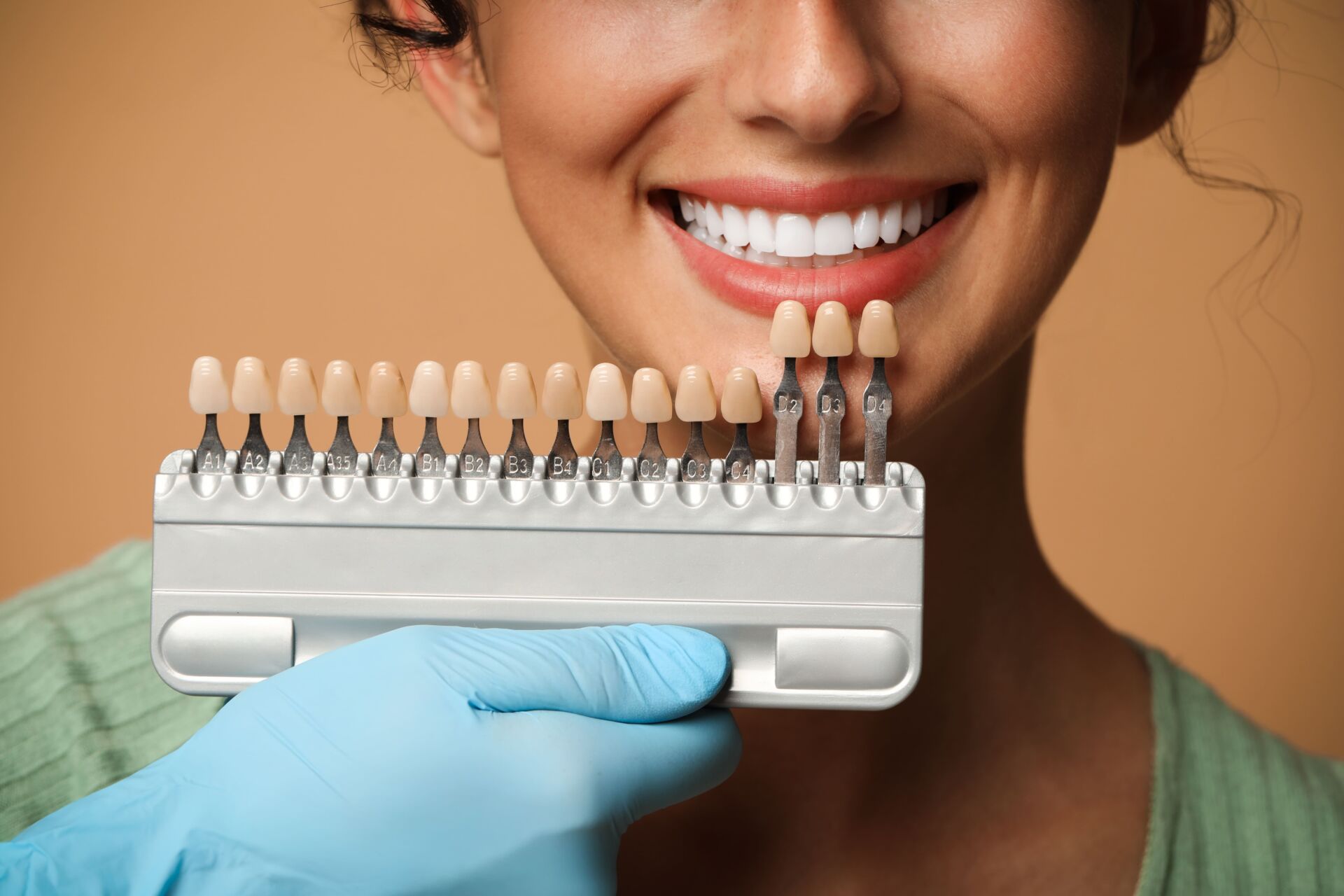Has drinking that coffee become torture? Eating ice cream become agony? Does eating citrus fruit cause too much pain to bother? If you answered yes to any of these questions, you’re not alone. With an estimated one in eight adults suffering from the painful condition known as sensitive teeth, chances are even if you aren’t, someone you know is. But what causes sensitive teeth – and what can you do to correct it? If you or a loved one are one of the nearly 40 million Americans who experience pain and sensitivity while eating, keep reading.
What Causes Sensitive Teeth?
There is no one cause of sensitive teeth. Many factors can contribute to sensitivity, or just one. It can be caused by everything from consuming highly acidic foods like citrus and soda, to brushing too roughly or with too hard a toothbrush bristle. On the more serious end, sensitive teeth can be caused by teeth grinding, gum disease, receding gums, enamel wear, fractured teeth, cavities and exposed dentin on the teeth. All these issues can make it easier for hot, cold and acidic foods to reach the nerves of the tooth, causing the pain and sensitivity we feel when we consume them.
Can I Fix Tooth Sensitivity Myself?
If you are experiencing sensitivity while consuming certain foods – or even when your teeth are exposed to cold air – there are treatment options available. We recommend you first examine your diet. Are you eating a diet that is high in acidic foods or citrus? Try cutting back on or eliminating those foods from your diet and see if the sensitivity wanes. The next step you should try is switching to sensitive toothpaste. Sensitive toothpaste can actually fill in some of the microscopic canals in your teeth that lead to the nerves, preventing them from exposure to whatever is causing the sensitivity in the first place. If sensitive toothpaste is still not enough, schedule an appointment with Dr. George for an exam.
At the Dentist
If you are unable to resolve your tooth sensitivity at home, it’s time for a visit to Dr. George. There your teeth will be evaluated, and several options may be discussed depending on the reason your teeth are sensitive. For receding gums, a gum-grafting procedure may be recommended, or for teeth with exposed dentin, inlays, onlays or crowns may be applied. You may also require a root canal or filling, or it could be as simple of a fix as applying a sealant to the teeth. If you have any questions or concerns about your tooth sensitivity, please contact Dr. George’s office at 724-220-2347.




